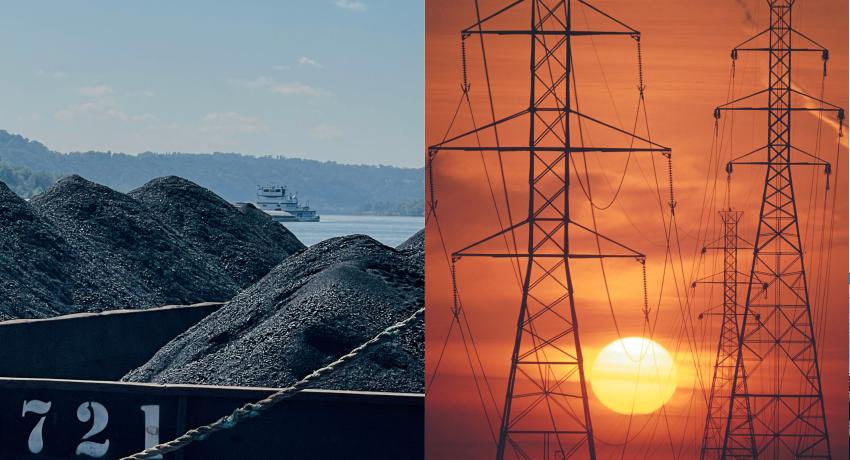The nation is facing unprecedented challenges to the reliability of the electric power system, members of the Federal Energy Regulatory Commission warned at a Senate hearing on May 4.
Commissioner Mark Christie echoed the same concerns Ohio's Electric Cooperative's President and CEO Pat O'Loughlin expressed before the House Energy and Commerce Committee earlier this year and has been warning about since December 2022 when Ohio came within minutes of rolling blackouts during an extreme cold snap on Christmas Eve and Christmas Day.
NRECA shared the same sentiment with Congress, stating the transition to cleaner energy is happening too fast and could have disastrous consequences. NRECA has been repeatedly pushing that same message to lawmakers and federal agencies for more than a year.
“I think the United States is heading for a very catastrophic situation in terms of reliability,” Christie told members of the Senate Energy and Natural Resources Committee at a May 4 oversight hearing focused on FERC.
“The core of the problem is actually very simple. We are retiring dispatchable generating resources at a pace and in an amount that is far too fast and far too great and is threatening our ability to keep the lights on.”
In Ohio in 2009, there were 21 coal plants producing electricity. By the end of 2023, there will be just 4, said O'Loughlin.
In March 2022, NRECA CEO Jim Matheson warned the Senate Environment and Public Works Committee of the risks of energy shortfalls during extreme weather if too much baseload generation is retired prematurely.
“Such policies would have significant impacts on the reliability and security of the electric grid and could have an undue economic impact on co-op consumer-members, particularly as additional costs must be incurred for replacement generation,” Matheson said.
PJM, the organization tasked with managing the electrical grid in Ohio and other surrounding states has issued similar warnings and concerns in its recent assessments.
Christie said the problem is not the addition of wind, solar and other renewable resources to the energy mix.
“The problem is the subtraction of dispatchable resources such as coal and gas,” he said, underscoring NRECA’s message to policymakers.
All four of the commissioners who testified before the Senate committee agreed that coal is still necessary to maintain reliability.
“Do any of you believe that it’s possible to eliminate coal today or in the near future and still be able to maintain a somewhat reliable system?” asked Chairman Joe Manchin, D-W.Va.
“I believe in an all-of-the-above approach,” replied FERC Chairman Willie Phillips, who was appointed to lead the commission in January by President Joe Biden. “Whatever resources are needed to keep our grid reliable; we have to make sure they are available.”
Commissioner James Danly said, “as things stand, coal is required.”
“It makes up just under a quarter of all the installed capacity in America and it would be impossible, given the locations and the realities of the electricity system, to replace it,” Danly said.
Phillips said the grid is also being threatened by “foreign and domestic actors” who are “testing our cyber defenses every day.”
“Physical threats to the grid are on the rise,” he said. “And extreme weather of all kinds is threatening the power to our customers.”
Phillips emphasized that “reliability is, and must be always, job No. 1.”
Since the beginning of the year, he said, the commission has taken several actions to strengthen reliability:
- Finalizing a rule to require the North American Electric Reliability Corp. to develop enhanced cybersecurity standards for internal network security protocols.
- Directing additional enhancements to a series of winter preparedness measures filed by NERC that are designed to prevent a repeat of the massive power outages and grid failures that took place during Winter Storm Uri in Texas two years ago.
- Approving a new reliability standard to further protect the electric system supply chain from hostile actors.
- Issuing a final rule in April to create a system of incentives to reward certain cybersecurity investments.
Portions of this article written by NRECA's Erin Kelly






